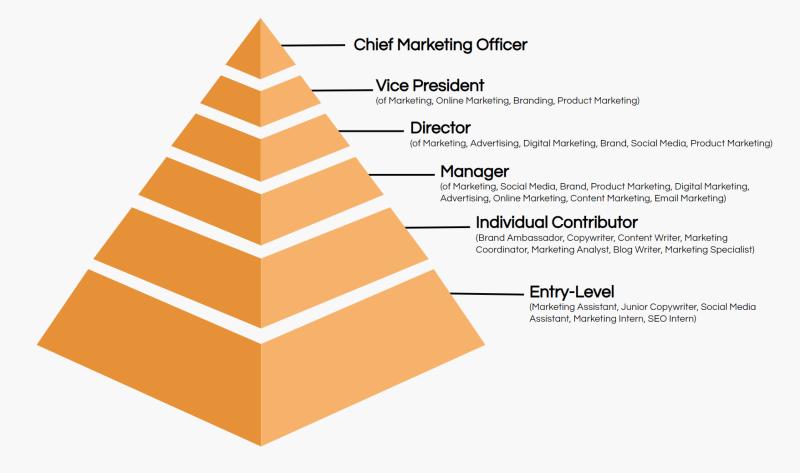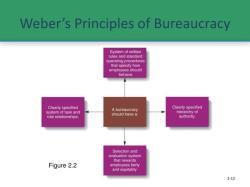How does the Executive Director report to the Board of directors?
The Executive Director (ED) plays a crucial role in reporting to the Board of Directors, providing regular updates on the organization's performance, finances, and strategic direction. This reporting relationship is essential for ensuring transparency, accountability, and effective governance of the organization.
Frequency and Format of Reporting
The frequency and format of reporting will vary depending on the organization's size, complexity, and governance structure. However, a common practice is for the ED to submit a written report to the Board on a monthly or quarterly basis. This report typically includes:
Organizational performance: This section outlines the organization's progress towards its strategic goals, including key metrics such as program outcomes, financial performance, and operational efficiency.
Financial status: This section provides a detailed overview of the organization's financial health, including revenue, expenses, budget variances, and cash flow.
Risk management: This section addresses any significant risks facing the organization and the steps being taken to mitigate them.
Upcoming initiatives: This section highlights any new projects, programs, or initiatives that the organization is planning to undertake.
Verbal Presentations and Meetings
In addition to written reports, the ED is often expected to deliver verbal presentations to the Board at regular meetings. These presentations provide an opportunity for the ED to elaborate on key points in the written report, answer questions from Board members, and engage in discussions about the organization's future direction.
Special Reports and Updates
In addition to regular reporting, the ED may also need to provide special reports or updates to the Board on specific issues or events. For example, if the organization experiences a financial crisis or a major operational setback, the ED is expected to promptly inform the Board and provide a detailed explanation of the situation.
Role of the Board in Reviewing Reports
The Board of Directors has a responsibility to review the ED's reports carefully and ask clarifying questions as needed. The Board should also provide feedback to the ED on the overall performance of the organization and offer guidance on strategic direction.
Effective Communication and Transparency
Effective communication and transparency are essential for a productive reporting relationship between the ED and the Board. The ED should be open and honest in their reporting, and they should be willing to provide the Board with all relevant information. The Board should also be respectful of the ED's role and should avoid micromanaging their work.
By maintaining a strong reporting relationship with the Board of Directors, the Executive Director can ensure that the organization is operating effectively and that it is on track to achieve its strategic goals.
How does the Executive Director's reporting process to the Board of Directors work?
The reporting process of the Executive Director to the Board of Directors is a critical aspect of organizational governance. It typically involves the following steps:
Preparation: The Executive Director prepares a comprehensive report that outlines the organization's activities, accomplishments, challenges, and financial status. This report often includes key performance indicators and strategic updates.
Scheduled Meetings: The Board of Directors holds regular meetings, which may occur monthly, quarterly, or as needed. During these meetings, the Executive Director presents their report, providing an opportunity for discussion and decision-making.
Presentation: The Executive Director typically delivers a verbal presentation, highlighting key points from the written report. This presentation allows board members to ask questions and seek clarification.
Discussion: Board members engage in discussions with the Executive Director, seeking insights and updates on important matters. They may offer guidance, make decisions, or set new strategic directions based on the information presented.
Follow-up: After the meeting, the Executive Director may be required to follow up on action items or decisions made by the Board. This often involves implementing changes or initiatives as directed by the Board.
What kind of information does the Executive Director typically present to the Board of Directors?
The information presented by the Executive Director to the Board of Directors covers a wide range of topics, including:
Financial Reports: This includes income statements, balance sheets, and cash flow statements, offering insights into the organization's financial health.
Operational Updates: The Executive Director provides information on the day-to-day operations, achievements, and challenges of the organization.
Strategic Progress: Updates on the progress of strategic initiatives and long-term goals are important to ensure alignment with the organization's mission.
Program and Project Updates: Information on ongoing and upcoming programs and projects, including their impact and outcomes, is shared.
Risks and Challenges: The Executive Director discusses any potential risks, challenges, or obstacles the organization is facing and proposes mitigation strategies.
Staff and Human Resources: Updates on the organization's workforce, including hiring, retention, and performance, may be included.
External Relations: Information on partnerships, collaborations, and stakeholder engagement is shared to ensure the Board is informed of external developments.
Compliance and Legal Matters: Any legal or regulatory issues that could affect the organization are reported.
What are the key responsibilities of the Executive Director in relation to the Board of Directors?
The Executive Director plays a pivotal role in managing the relationship between the executive leadership and the Board of Directors:
Reporting: The Executive Director is responsible for providing transparent and accurate reports to the Board on the organization's performance, financial status, and strategic progress.
Communication: Facilitating effective communication between the executive team and the Board is essential to ensure alignment on organizational goals and strategies.
Implementation: The Executive Director is often tasked with implementing decisions and directives made by the Board, translating their guidance into actionable plans.
Advising: Providing expert advice and recommendations to the Board on matters within their area of expertise and on issues that affect the organization's success.
Stakeholder Engagement: The Executive Director may serve as a liaison between the organization and external stakeholders, promoting the organization's mission and objectives.
Governance: Ensuring compliance with governance principles and ethical standards is a key responsibility, as is upholding the organization's values and mission.
Board Development: Participating in the selection and development of Board members to ensure a well-rounded and effective governance team.
Strategic Leadership: Collaborating with the Board to set and execute the organization's strategic vision.
The Executive Director acts as a bridge between the day-to-day operations of the organization and the Board's oversight and decision-making functions.













